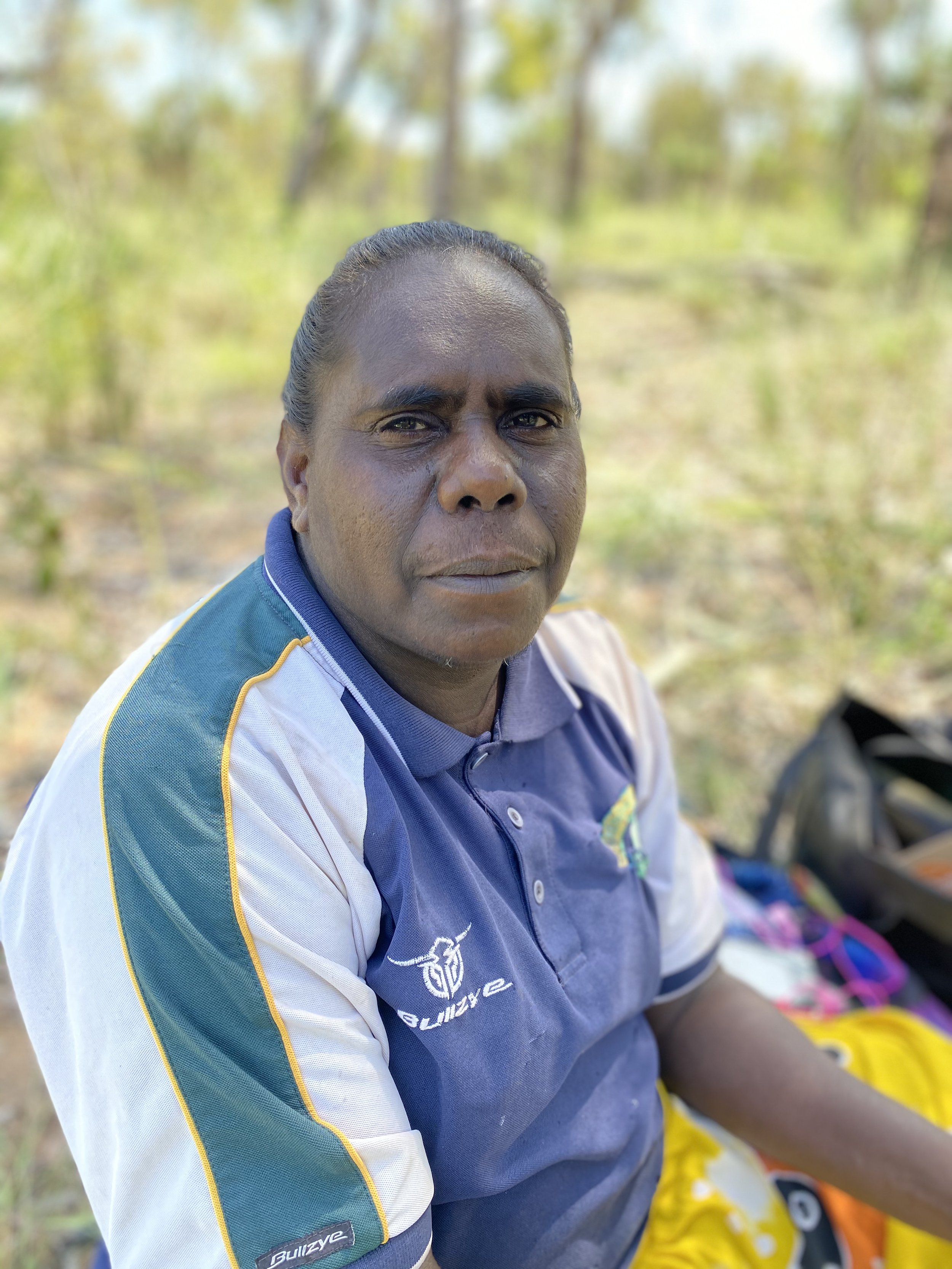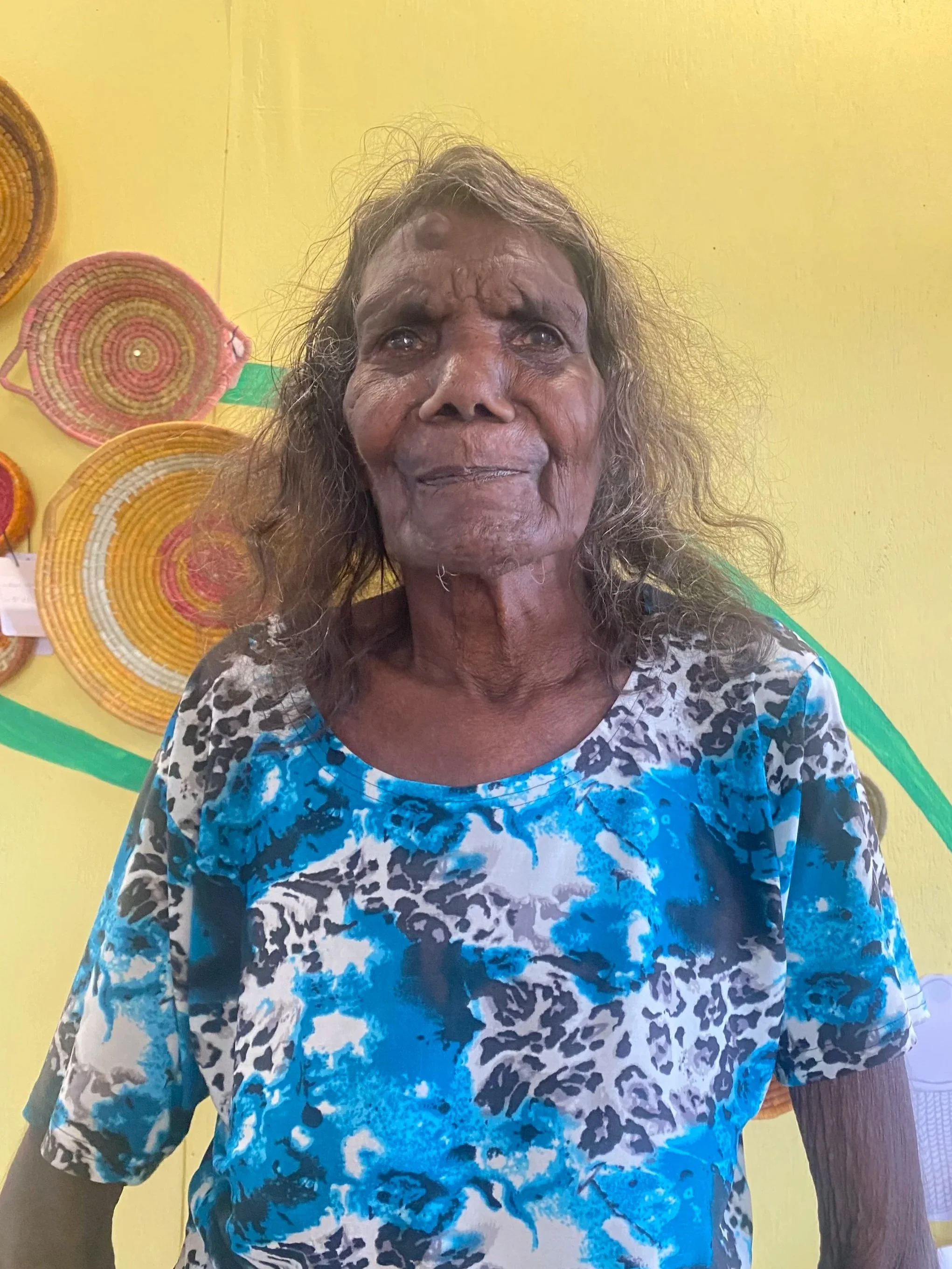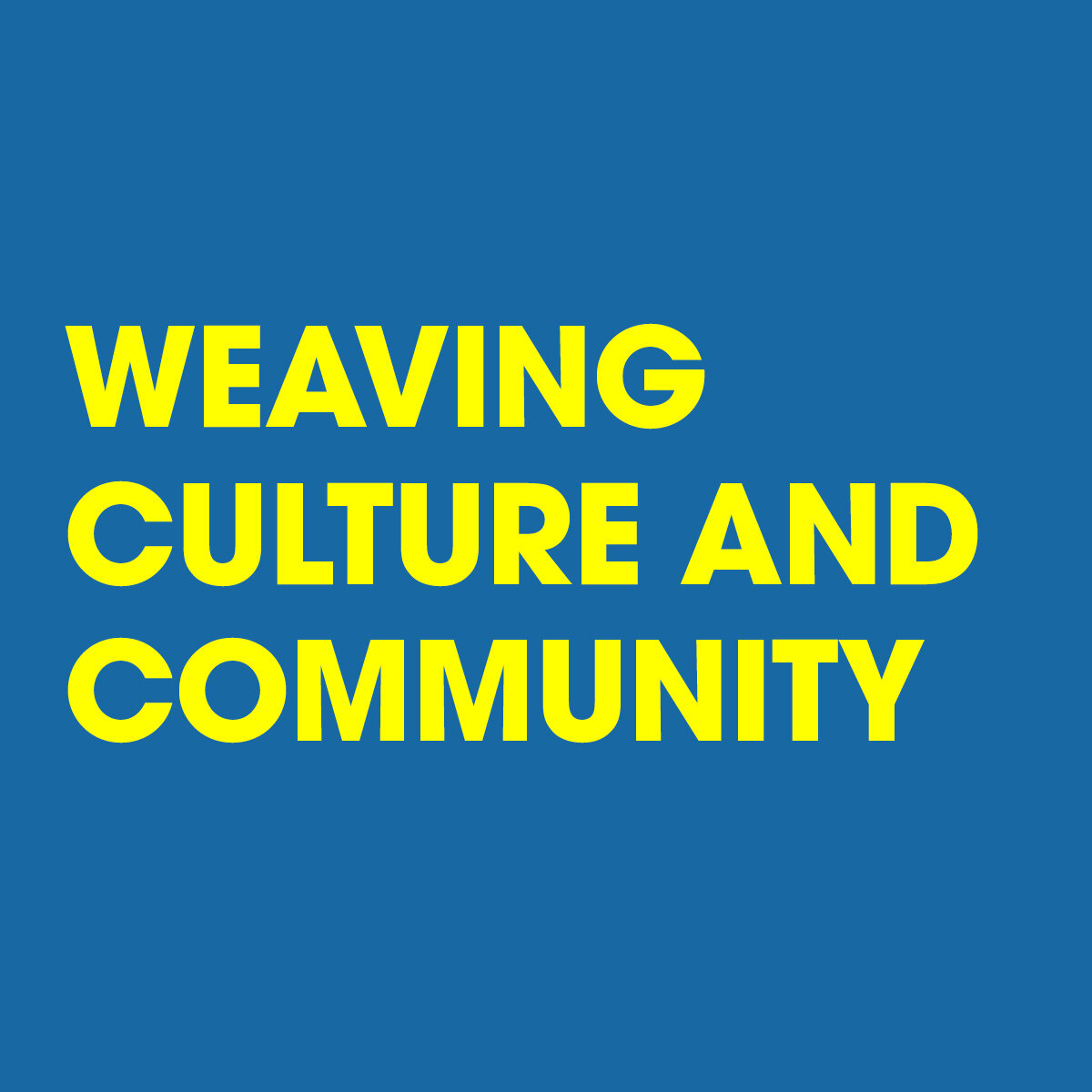
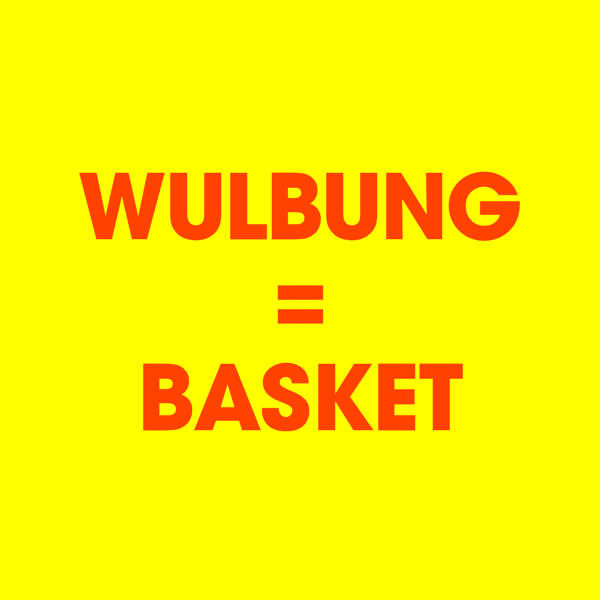

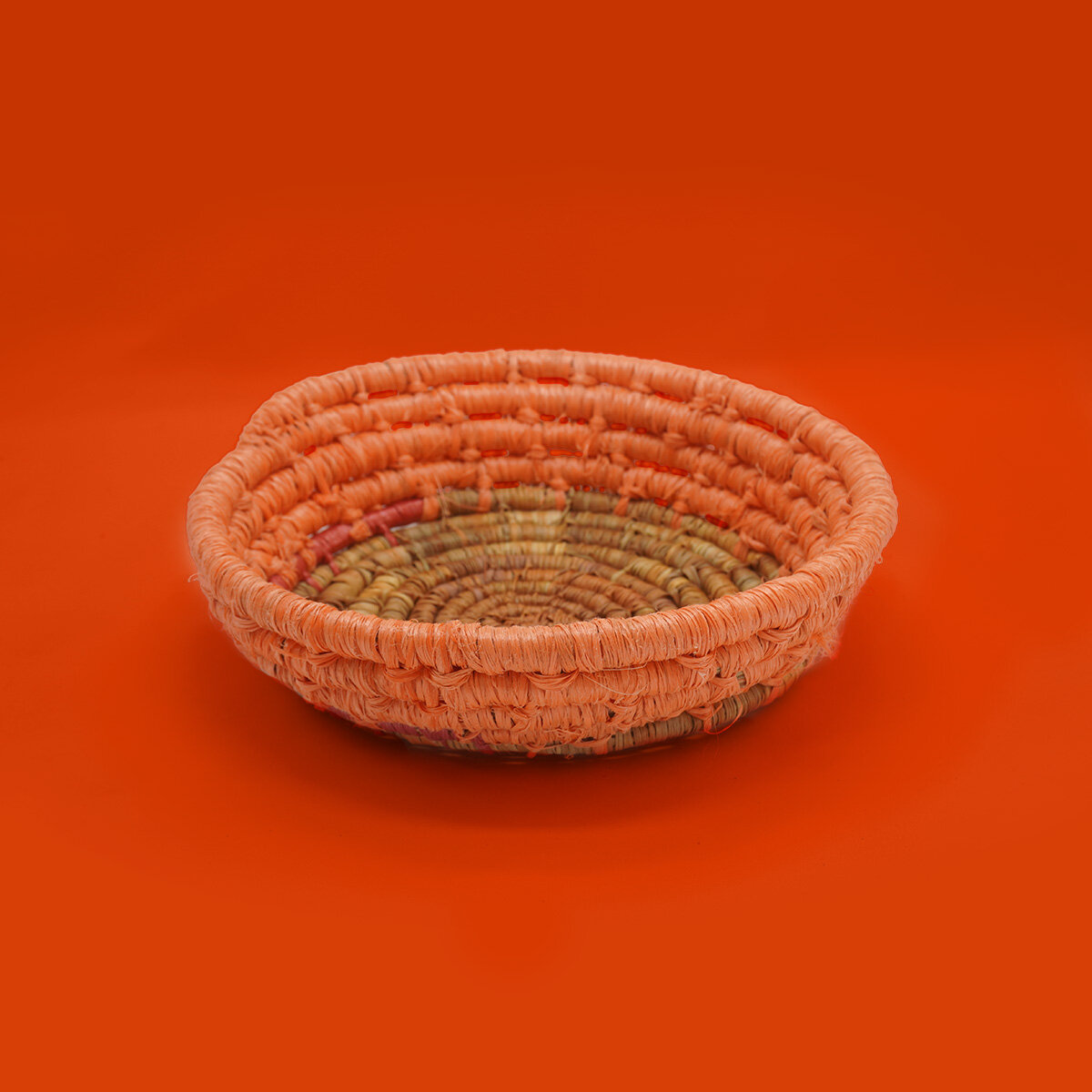
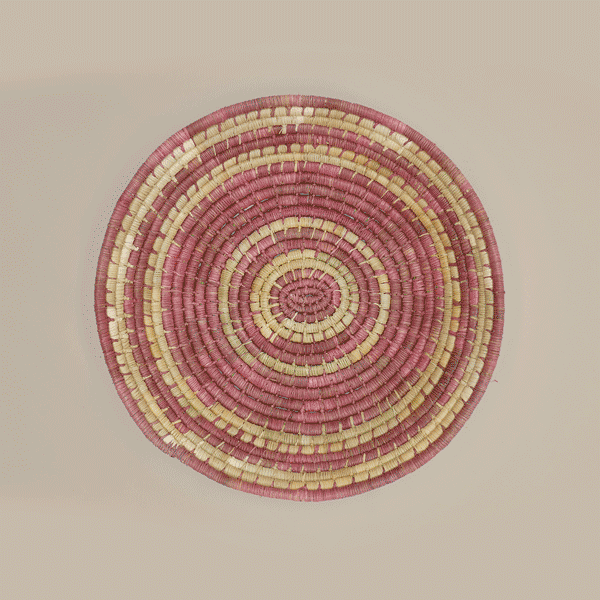
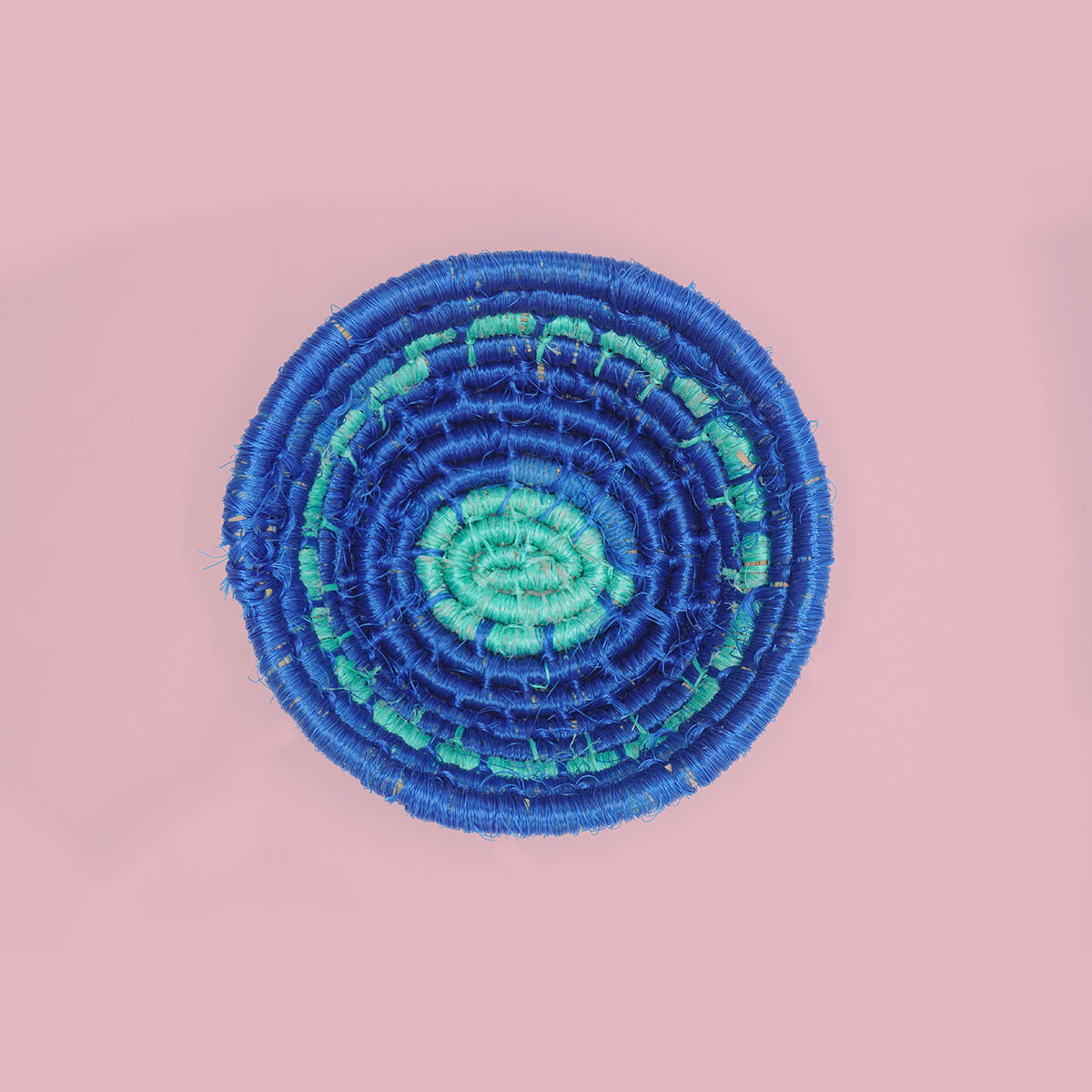
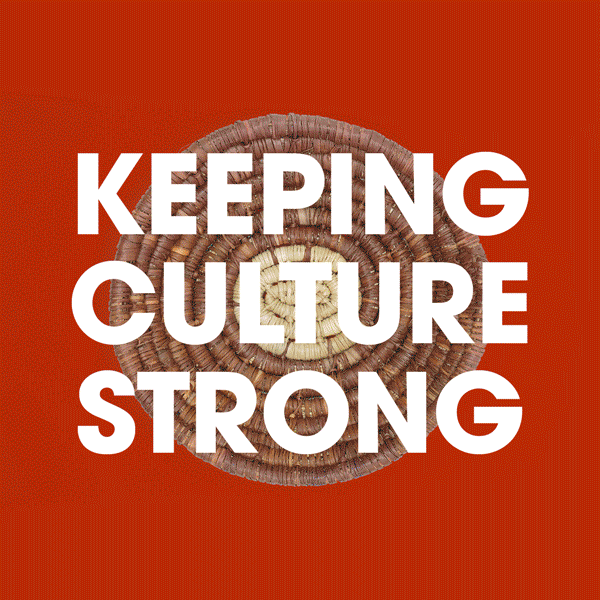
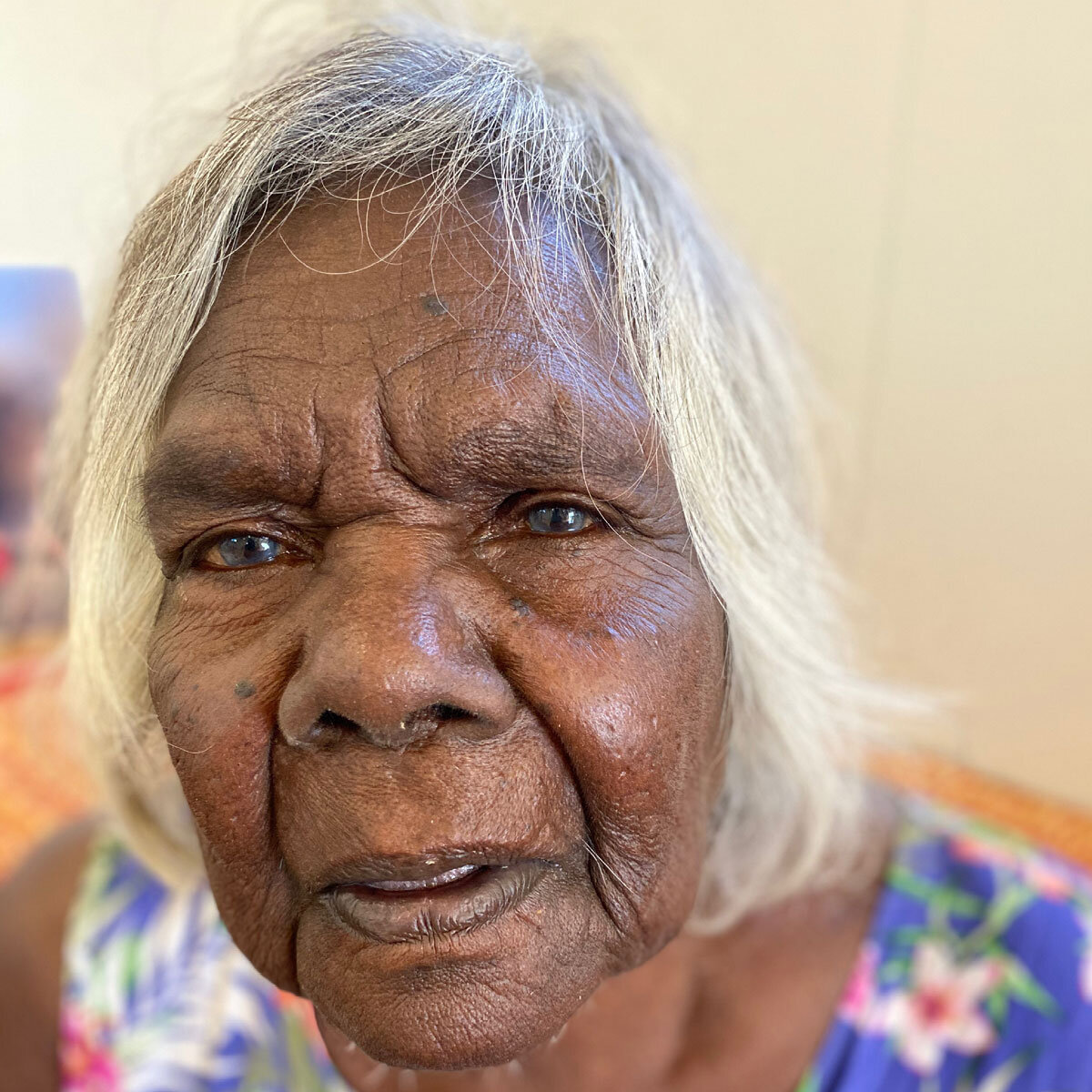


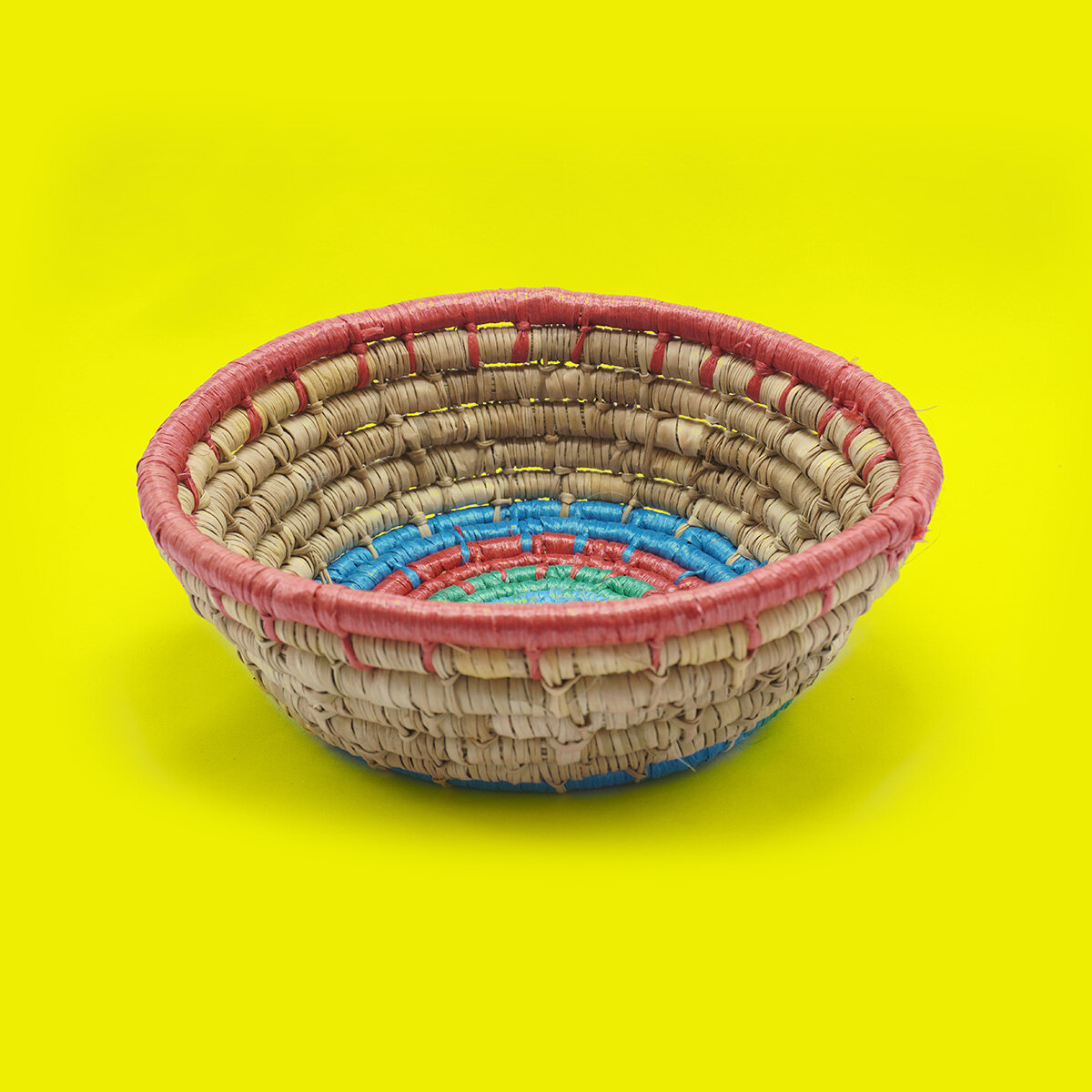
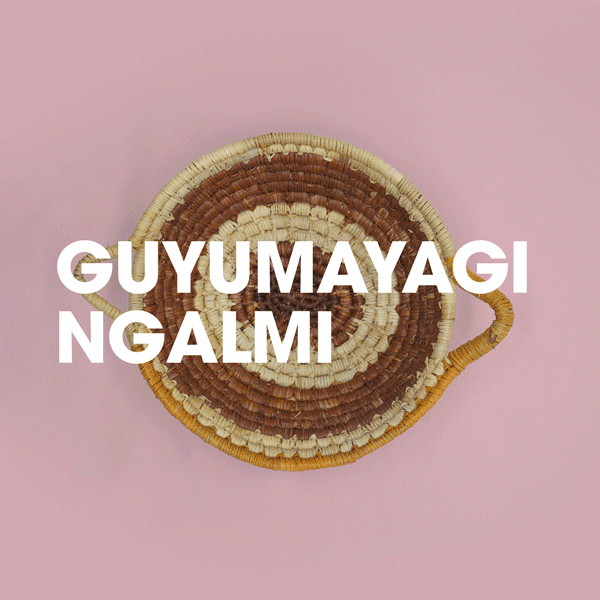
—
ABOUT
BUILT ON SELF-DETERMINATION, NUMBULWAR NUMBURINDI ARTS (NNA) IS A COLLECTIVE OF ARTISTS WHOSE MISSION IS TO KEEP CULTURE STRONG.
Established in 2019, Numbulwar’s first art centre is 100 per cent owned and controlled by the community. Born from the community’s desire to practice and engage with traditional culture, NNA is a space for artistic and cultural expression.
Champions of fibre art, NNA artists marry naturally-dyed and locally-harvested pandanus with bright and bold ghost nets, abandoned fishing line retrieved from Numbulwar’s shoreline. Our Wulbung (baskets) and Yir (dillybags) fit as naturally in traditional applications as they do in contemporary, urban environments.
Numbulwar sits on the Rose River and belongs to the Nunggayinbala clan, one of the Wubuy or Nunggubuyu speaking clans from the region. Ceremonial activities are still very important within the region and occur regularly.
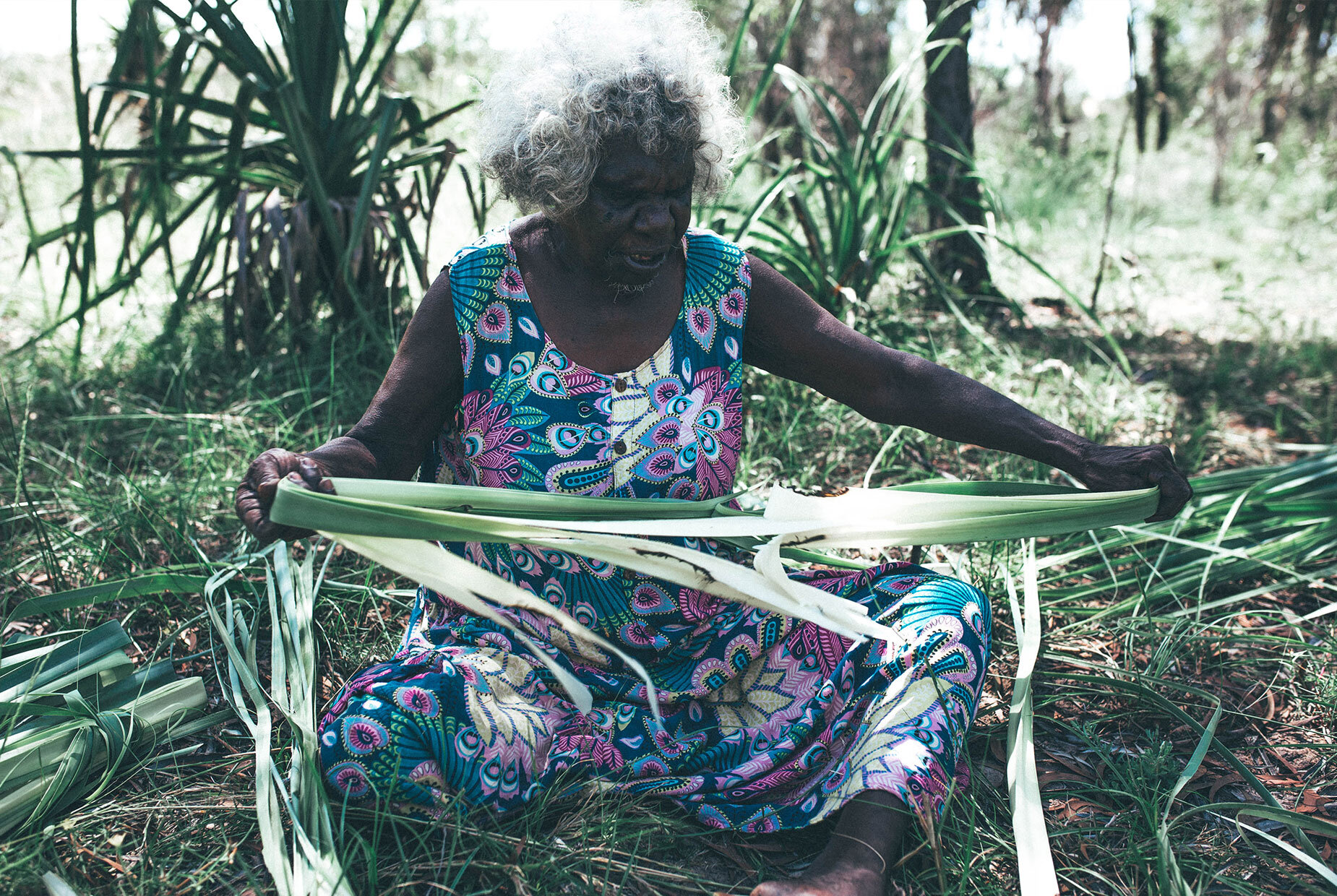
“When i was a little girl, i would sit beside my grandmother and she taught me how to weave a basket with pandanus. She told me that when i grow up, passing on and teaching others how to make basket is important for our future”
— ROSE WILFRED

“We want to share our culture with the world, through art.”
— Yulki Nunggumajbarr
SHOP FIBRE ART
Abandoned fishing lines, known as ghost nets, that wash up on Numbulwar’s shores are re-created into bold, bright & brilliant fibre art.
Ghost nets account for about 40% of all ocean plastic. Numbulwar baskets divert this plastic away from the oceans, keeping nets clear of vulnerable sea life.
“My son is a sea ranger. He picks the ghost nets up and brings them to the old ladies to use with their weaving, saving marine life, as they are dangerous for animals like turtles and seals."
— Lillian Joshua
FISH KILLERS
Ghost nets, or ‘fish killers’ as they are known in Numbulwar, are discarded from commercial fishing vessels and travel thousands of kilometres through the ocean, harming vulnerable marine life and coral in their wake. They often wash up on Numbulwar's shores, where the nets are collected, cleaned up, sometimes dethreaded and then repurposed into the bold and brilliant fibre art of Numbulwar Numburindi Arts.
Ghost nets account for about 40% of all ocean plastic, and take 600 years to break down. Removing these polluters from their oceans and shores is a modern act of caring for Country for Numburindi people.
Watch to learn more about the use of ghost nets at Numbulwar.




